by Veronica Combs, Director of Community Engagement, AIR Louisville
Innovation doesn’t always mean improving the current way of doing something. Sometimes it means building an entirely new system. That’s what the Institute for Healthy Air Water and Soil and Propeller Health are doing with AIR Louisville. We want to do more than help people living with asthma identify triggers or remember to take daily maintenance meds. We want to test a new way of treating asthma, one that uses data and involves the entire community from doctors to employers to city leaders.
One way we’ll know we’ve succeeded with this work is by getting off a certain top 10 list. Each year the Allergy and Asthma Foundation of America compiles list of worst places to live if you have asthma. Louisville is often on this list.
To understand how we plan to accomplish this, you can join a live video conference on Tuesday, June 23 at noon Eastern. I will be speaking with four people who are working with AIR Louisville:
Innovation doesn’t always mean improving the current way of doing something. Sometimes it means building an entirely new system. That’s what the Institute for Healthy Air Water and Soil and Propeller Health are doing with AIR Louisville. We want to do more than help people living with asthma identify triggers or remember to take daily maintenance meds. We want to test a new way of treating asthma, one that uses data and involves the entire community from doctors to employers to city leaders.
One way we’ll know we’ve succeeded with this work is by getting off a certain top 10 list. Each year the Allergy and Asthma Foundation of America compiles list of worst places to live if you have asthma. Louisville is often on this list.
To understand how we plan to accomplish this, you can join a live video conference on Tuesday, June 23 at noon Eastern. I will be speaking with four people who are working with AIR Louisville:
Dr. Meredith Barrett – Meredith is the vice president of science and research at Propeller Health. She has served in many different roles in both the health and environment fields, including: researcher, data analyst, project manager, grant writer, teacher, outreach coordinator, environmental educator, course designer, associate editor, board member and mentor. She wrote the grant that funded AIR Louisville and is leading the program with Veronica Combs.
Dr. Jim Sublett – Dr. Sublett is the co-founder and managing partner of Family Allergy and Asthma. He is also the current President of the American College of Allergy, Asthma & Immunology. Dr. Sublett sits on several other boards, including the University of Louisville Board of Overseers and Norton Healthcare Board of Trustees. He participated in the pilot project in 2013 and was one of the first partners in the 2015 expansion of that program. Patients at Family Allergy and Asthma can get a sensor and join AIR Louisville at no cost.
Mike Tringale – Mike is the senior vice president of external affairs for the Asthma and Allergy Foundation of America. He leads research efforts behind the Foundation’s annual reports on allergy and asthma capitals. During the video conference, he will explain how AAFA calculates the scores for the list as well as what Louisville can do make life easier for people living with asthma. He also recently appeared on The Daily Show with Jon Stewart to explain the annual pollen tsunami.
Christine Vaughan – Christine is the marketing and event coordinator at Insider Louisville and the owner of 502 Social. She was also one of the first people to join AIR Louisville. She has been using a Propeller sensor on her inhaler since February. In addition to planning events, Christine is a cyclist.
Join us on June 23 to learn more about AIR Louisville. You can RSVP to get the event on your calendar, or just bookmark the Hangout link and tune in at noon Eastern.
Join us on June 23 to learn more about AIR Louisville. You can RSVP to get the event on your calendar, or just bookmark the Hangout link and tune in at noon Eastern.





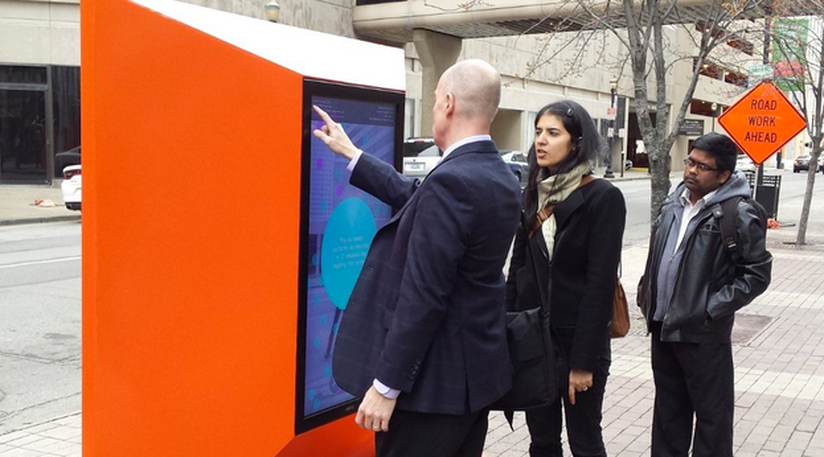
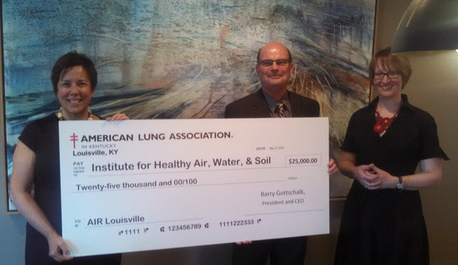
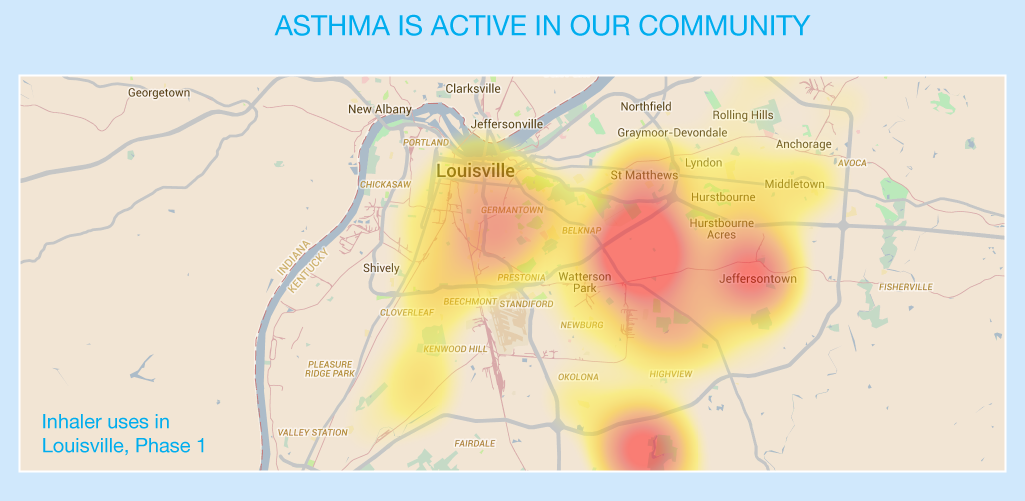
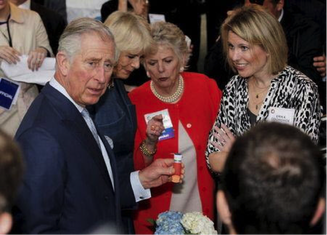


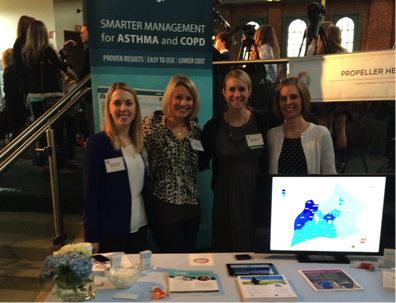

 RSS Feed
RSS Feed